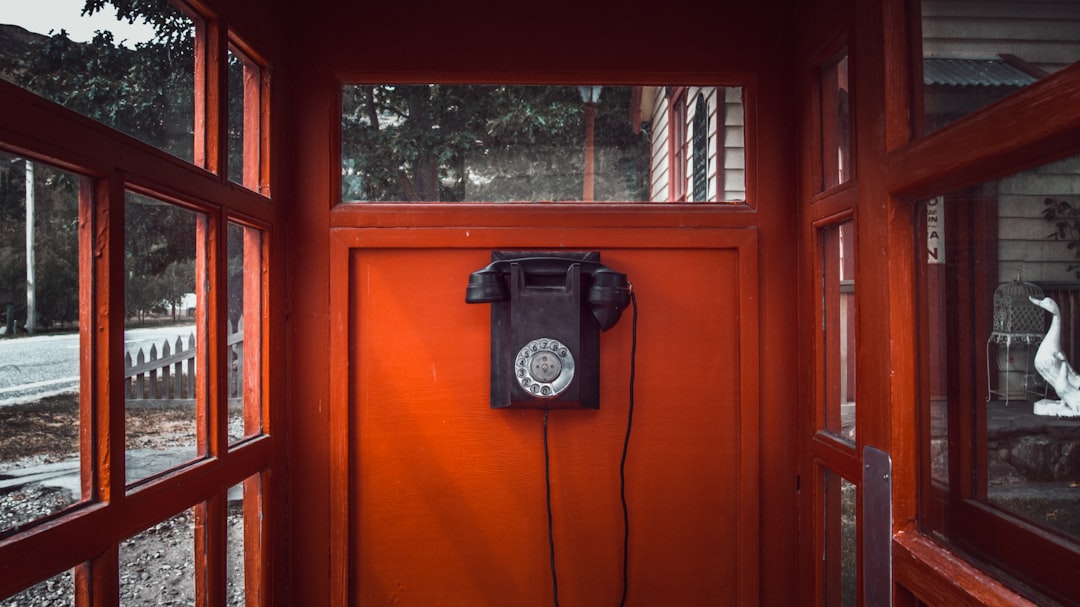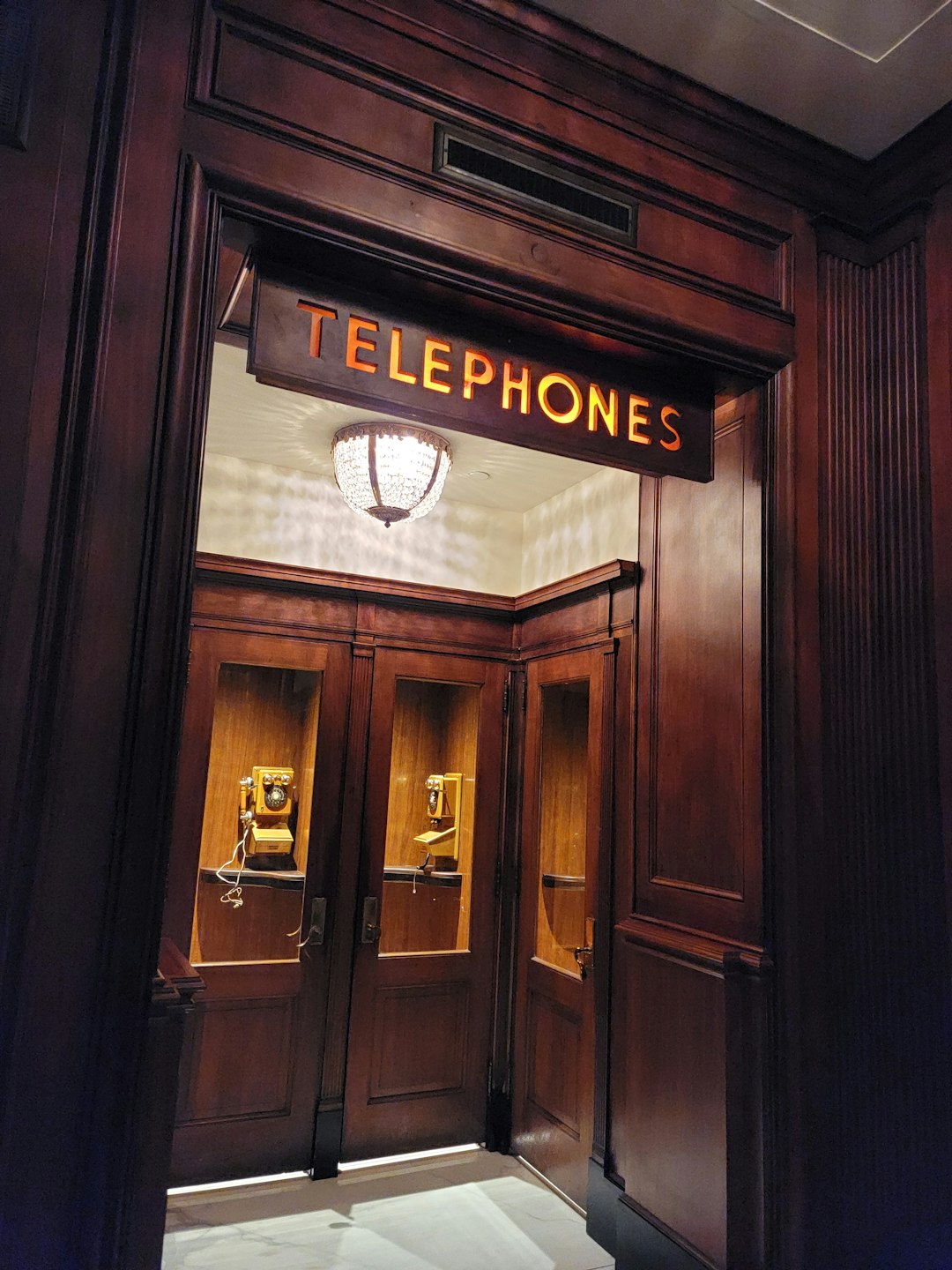Robocalls are a growing problem in Delaware, with both legitimate uses and fraudulent activities. Legal protections include federal laws like TCPA and state-level consumer safeguards. A specialist lawyer for robocall laws in Delaware can advise individuals on their rights and fight unwanted calls. When choosing anti-robocall apps, opt for reputable sources with positive reviews, transparent data policies, and customizable blocking. Prioritize apps that comply with local laws, offer advanced features, and support, as well as those integrating tracking and reporting for persistent violators. Delaware residents can protect their privacy by updating device settings, restricting unknown numbers, using verified contact lists, employing anti-robocall apps with machine learning, and changing voice assistant passcodes/PINs.
Navigating the deluge of robocalls can be frustrating and illegal in Delaware. Understanding the legal landscape surrounding these automated calls is crucial. This guide offers practical tips on identifying and selecting effective anti-robocall apps tailored to your needs. We also delve into privacy enhancements suggested by a seasoned lawyer for robocall protection in Delaware, ensuring you’re equipped to mitigate these unwanted intrusions.
Understanding Robocalls and Their Legal Landscape in Delaware
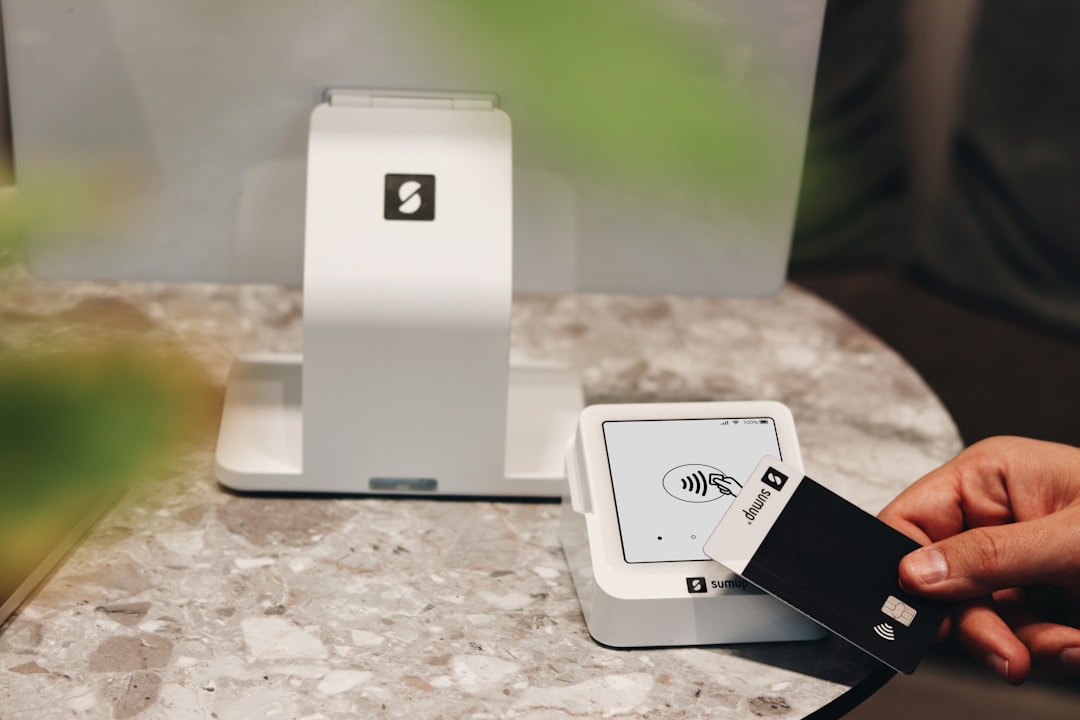
Robocalls, automated phone calls or texts that deliver recorded messages, have become a ubiquitous nuisance across the nation, including Delaware. While many robocalls promote legitimate services and products, others are used for deceptive purposes, such as telemarketing, scams, and fraudulent activities. The Legal landscape surrounding robocalls is governed by both federal and state laws in Delaware. The Telephone Consumer Protection Act (TCPA) is a key federal law that restricts the use of automated dialing systems and requires prior consent from recipients for marketing calls.
Delaware has also enacted its own laws to combat robocalls, particularly focusing on protecting consumers from deceptive practices. A lawyer for robocall laws in Delaware can help individuals understand their rights under these regulations. These laws not only empower consumers to take legal action against violators but also ensure that businesses adhere to ethical marketing practices, thereby reducing the volume of unwanted and fraudulent robocalls received by Delaware residents.
Identifying Reputable Anti-Robocall Apps for Personal Use
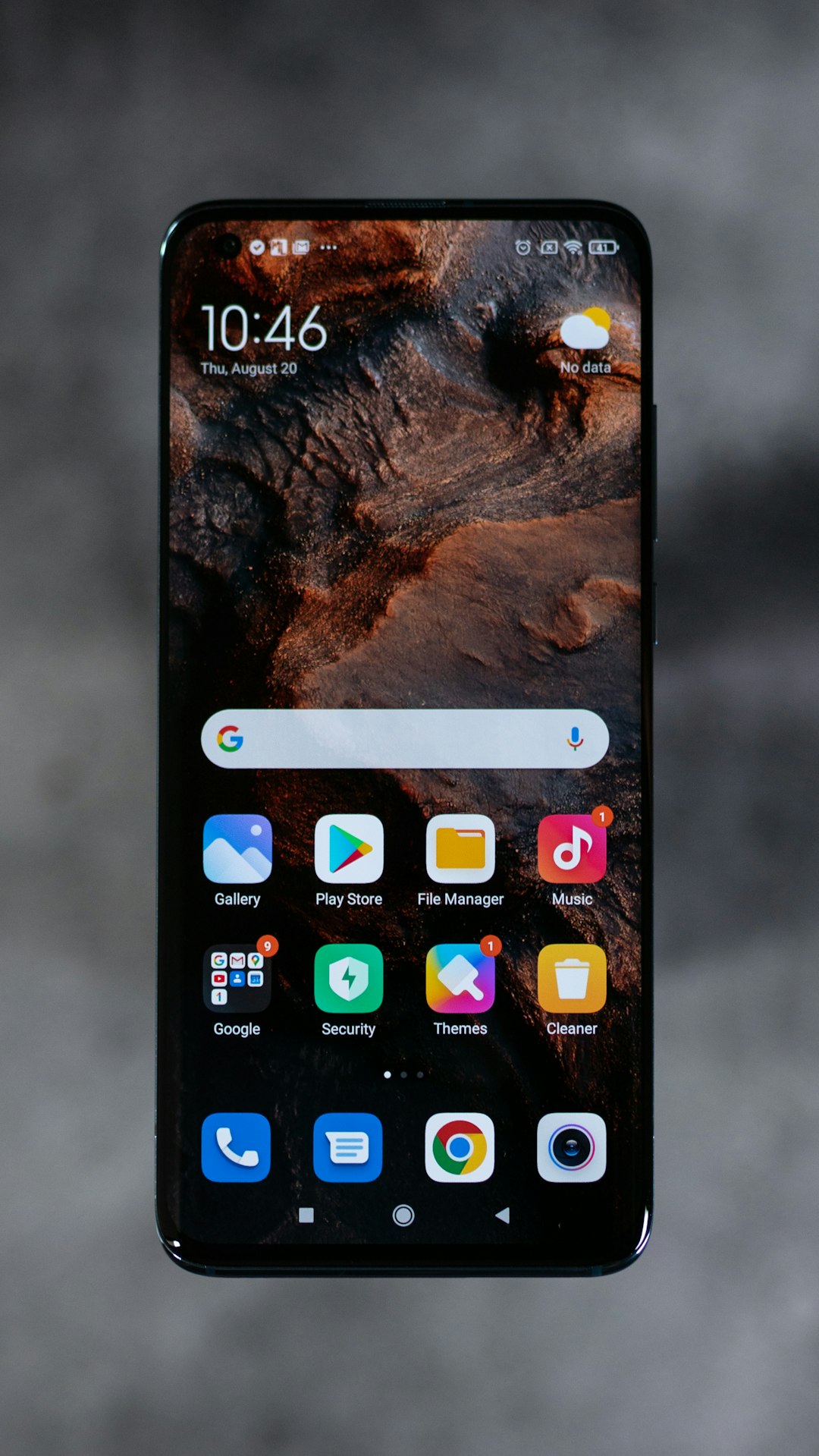
When looking for anti-robocall apps in Delaware, identifying reputable options is crucial. Start by checking user reviews and ratings to gauge the app’s effectiveness and reliability. Many legitimate anti-robocall apps have positive feedback from users who have successfully blocked unwanted calls. Additionally, consider apps backed by legal experts or advocated by consumer protection organizations in Delaware, as these are more likely to prioritize privacy and comply with local laws, such as those governing a lawyer for robocall cases.
Reputable developers often offer transparent policies regarding data collection and usage, ensuring your information remains secure. Look for apps that provide detailed reports on blocked calls and allow you to customize blocking settings according to your preferences. While some free options may be available, premium apps often come with advanced features and better support, making them a more reliable choice for personal use against robocalls in Delaware.
Selecting the Best Anti-Robocall App for Your Needs

When selecting an anti-robocall app, it’s crucial to consider your specific needs and preferences as a Delaware resident. Different apps offer various features such as automated blocking, call screening, and noise cancellation, each catering to distinct user requirements. For instance, if you’re frequently disturbed by sales calls, an app with robust blocking mechanisms could be ideal. However, if you desire comprehensive call analytics and the ability to report spam, choose one that provides detailed logging and community-based feedback systems.
In Delaware, where laws regarding robocalls are stringent, ensuring your chosen app aligns with local regulations is essential. Look for apps that not only filter out unwanted calls but also comply with state-mandated do-not-call lists. Engaging a lawyer for robocall issues in the past? Some apps may even integrate features to help you track and report persistent violators, empowering you to protect your rights as a consumer.
Enhancing Privacy: Tips from a Delaware Lawyer for Robocall Protection
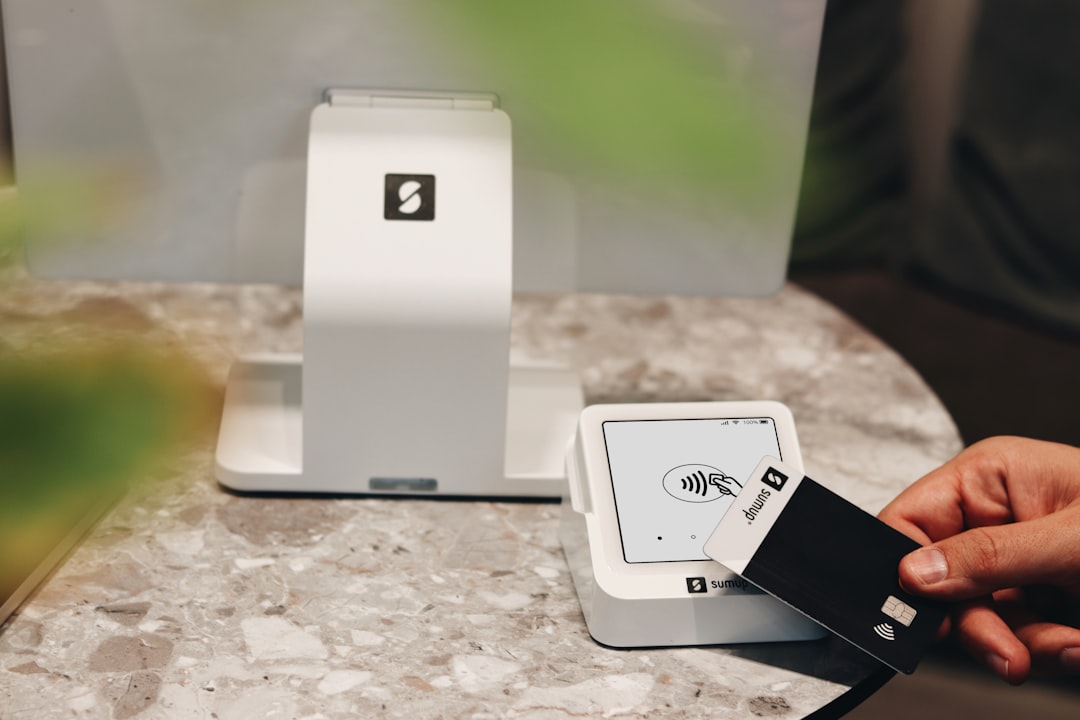
In the age of relentless robocalls, enhancing privacy has become a top priority for many Delaware residents. As a lawyer specializing in robocall laws in Delaware, I’ve seen firsthand how important it is to protect your personal information from unwanted intrusions. One effective strategy is to regularly update and strengthen your privacy settings on all devices and communication platforms. This includes restricting unknown numbers and using verified contact lists to minimize the chances of your number being scoured by automated systems.
Additionally, consider investing in reputable anti-robocall apps that employ advanced technology to block spam calls. These apps often utilize machine learning algorithms to adapt to new tactics used by scammers. Regularly reviewing and changing your passcodes and PINs for voice assistants like Siri or Alexa can also deter automated systems from accessing your personal information. By combining these practical measures, Delaware residents can reclaim their peace of mind and enjoy a more secure communication environment.

